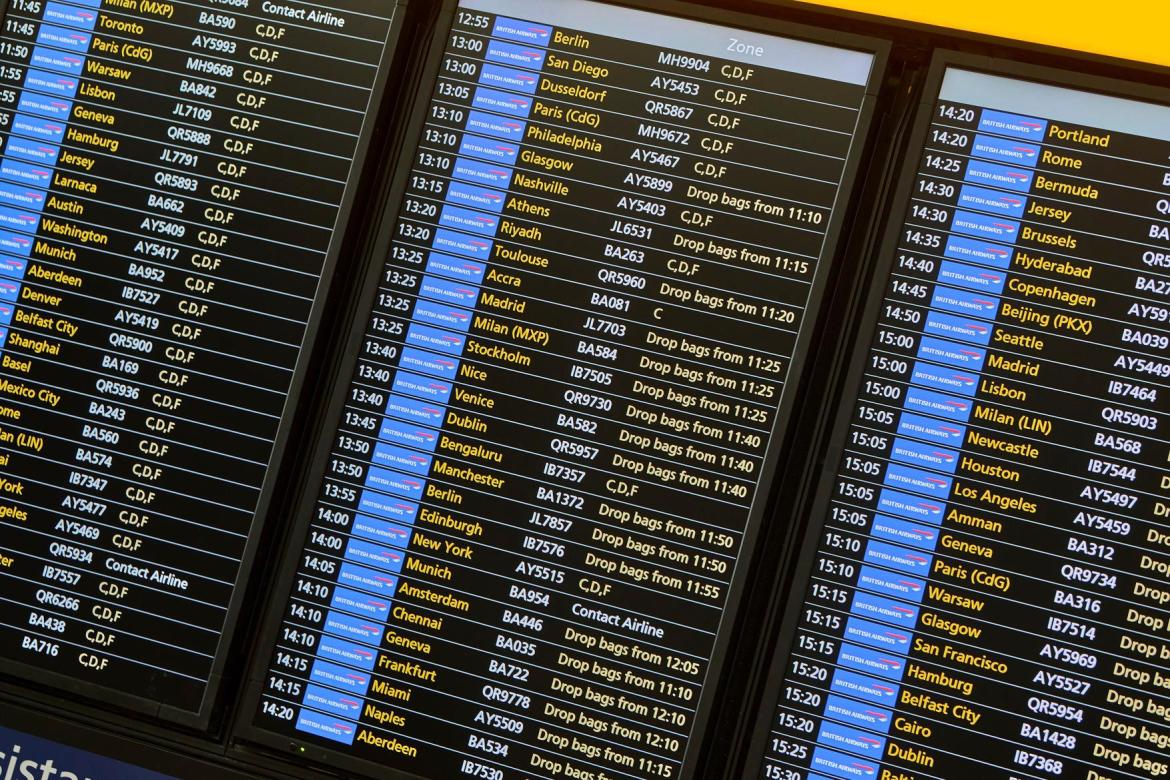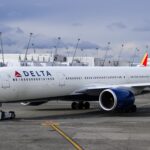Improvements in the Aviation Industry are an important part of its progress as it seeks to continue recovering from financial doldrums caused by the pandemic. At this time demand for flights plummeted for around two years as government restrictions came in to reduce the spread of the disease. In addition, due to staff being laid off when demand was less, recovery was hampered when restrictions were lifted due to staff shortages at airports. Mass delays and cancellations meant that airlines were forced to reduce flight numbers, making the situation harder for the industry post pandemic.
Furthermore, there is also growing world uncertainty with wars in Ukraine and the Middle East. Flight paths have had to be diverted and in addition there have also been fuel price hikes. To make matters worse there has also been a series of adverse weather events making the situation more uncertain and unpredictable for the industry. All this means that passengers’ demands for improvements in the aviation industry have to be taken heed of in order to minimise the number of empty seats and maximise profits.

Rail Travel
There is also however another area which is now presenting themselves which may create more demands for improvements in the aviation industry. Rail travel is becoming more faster, especially considering the fact in order to fly you need to be at the airport at least 2 hours before the flight. Recently, in Europe, a new high speed rail link between Paris and Berlin has cut travel time from between 10 and 13 hours to 8 hours one way.
Even though rail travel still takes longer this journey reduces carbon emissions by 99% when compared to flying between the two cities. In China, which already has the biggest high speed rail network in the world, the real game changer is likely to take place with the rail journey time from Beijing and Shanghai to be cut to 2 hours. So as one can see there is a lot of impetus for improvements in the aviation industry.
Aviation Improvements
In terms of improvements in the aviation industry, a survey was conducted by the International Air Transport Association (IATA) and analysis took place of 10,000 responses from passengers in over 200 countries. Passengers prioritised convenience and efficiency. 70% of respondents expect to reach their gate within 30 minutes of when traveling with carry on luggage. 74% of respondents felt that even with checked baggage there should only be a 15 minute further delay before reaching the departure gate.

There has also been a growth in interest in aviation technology in order to speed up their time at the airport as well as to simplify their travel experience. 75% of respondents preferred biometric identification at airports ahead of traditional identification methods. 50% of respondents did however express concerns over data privacy. On the whole however respondents embraced the use of aviation technology. In terms of booking flights and paying for flights 53% prefer online platforms, with 79% wanting to pay by credit or debit card and digital wallets (such as Google or Apple Pay) gaining more interest.
As one can see therefore the main improvements in the aviation industry that passengers are looking for are based on saving time at the airport as well as improving convenience. They appear to support the use of technology to further improve the situation. As there is clearly an impetus for the aviation industry to change and improve, we will no doubt see further demands as competition for bookings increases. We have to wait to see how this progresses.









